1001 Filmmakers You Need to Know:
Claude Chabrol
(June 24, 1930 – September 12, 2010)
Role: Director, Screenwriter, Producer
Claude Chabrol was born in Sardent, France, and grew up during the tumultuous period of World War II.
He developed an early love for cinema, often escaping to local theaters during his youth.
Chabrol studied at the Sorbonne in Paris, where he connected with like-minded film enthusiasts, eventually joining the Cahiers du Cinéma circle.
This group of critics-turned-filmmakers inspired him to transition from writing about films to creating them.
His early experiences with wartime France and intellectual discussions on cinema shaped his distinctive narrative style.
Chabrol’s Influences:
Chabrol was deeply influenced by Alfred Hitchcock’s mastery of suspense and psychological depth, as well as French literary traditions of realism and satire.
As part of the French New Wave movement, he embraced a fresh approach to storytelling, rejecting conventional film structures.
He admired cinema as a medium to explore complex human behavior and societal norms.
His work often critiqued bourgeois hypocrisy and morality with biting irony. Chabrol’s ability to balance suspense, humor, and psychological insight became his defining artistic signature.
Chabrol’s First Feature:
Chabrol’s first film, Le Beau Serge (1958), is often regarded as the first official French New Wave film.
The story of a man returning to his rural hometown, it explored themes of friendship, disillusionment, and moral decay.
The film's introspective tone and innovative techniques marked a bold departure from traditional French cinema.
Le Beau Serge was both critically acclaimed and commercially successful, providing Chabrol the opportunity to further refine his craft.
This debut signaled the arrival of a director with a distinct voice and style.
Chabrol’s Breakout:
Chabrol’s mainstream breakout came with Les Biches (1968) and The Butcher (1970), psychological thrillers that explored themes of obsession, murder, and class dynamics.
The Butcher, in particular, became one of his most iconic works, showcasing his mastery of suspense and character-driven narratives.
These films cemented his reputation as France’s “Hitchcock,” while also demonstrating his ability to blend noir elements with sharp social commentary.
The international success of these films brought widespread recognition to Chabrol as a pioneer of the psychological thriller.
Chabrol’s genius lay in his exploration of human darkness and societal hypocrisies, often targeting the bourgeoisie with satirical precision.
His films delved into moral ambiguity, using psychological tension and complex characters to challenge traditional notions of right and wrong.
With a minimalist approach to storytelling, Chabrol focused on atmosphere, dialogue, and subtle visual cues to build suspense.
His work seamlessly combined psychological insight, social critique, and cinematic elegance. T
his unique blend made him one of the most influential and enduring filmmakers of his generation.
At the time of his death in 2010, Chabrol was still active in filmmaking, having directed over 50 films throughout his career.
He remained a towering figure in French cinema, inspiring new generations of filmmakers with his versatile approach to storytelling.
Retrospectives of his work continue to celebrate his contribution to the French New Wave and the psychological thriller genre.
Chabrol’s films remain timeless, offering sharp insights into human behavior and society.
His legacy is preserved as a master of suspense and irony.
Notable Films:
Le Beau Serge (1958)
Les Biches (1968)
The Butcher (1970)
La Cérémonie (1995)
This Man Must Die (1969)
Note: The voices above are AI and trained on excerpts from 1001 Filmmakers You Need to Know and other publically available material.
P.S. Catch up on the rest from TheModernFilmmaker.co:
👉 Buy: The Modern Filmmaker’s On Set Filmmaking Dictionary, today.
👉 Some Filmmakers to Know: Jim Jarmusch & Claude Chabrol…
👉 Some Filmmaking Terms: Above-the-Line & Back to First Marks…
👉 Some Stories: So there I was… Writing a Screenplay that Sucked…
👉 Some Thoughts: Cover Your Ass…
👉 Meet Me: Mike Rekola…
The Filmmaking Dictionary You Didn’t Know You Needed
Now that we’re talking about visionaries, let me tell you about something every auteur should have on set—my Modern Filmmaker’s On-Set Filmmaking Dictionary. It's packed with over 1,400 industry terms that will not only help you sound like a pro but also ensure that every phase of production from development to distribution runs smoother than ever to help you on the terms you need to know.
👉 Get your copy here on Amazon Prime. Seriously, it’s a must-have.


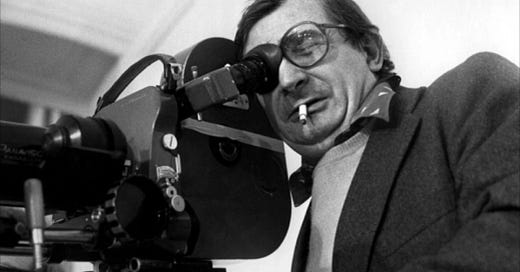
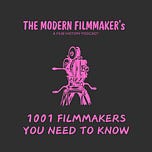
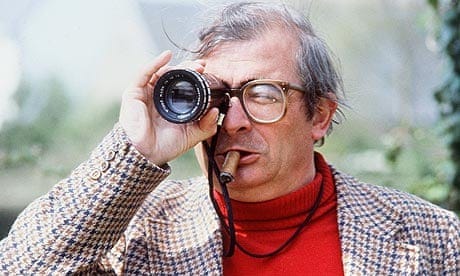
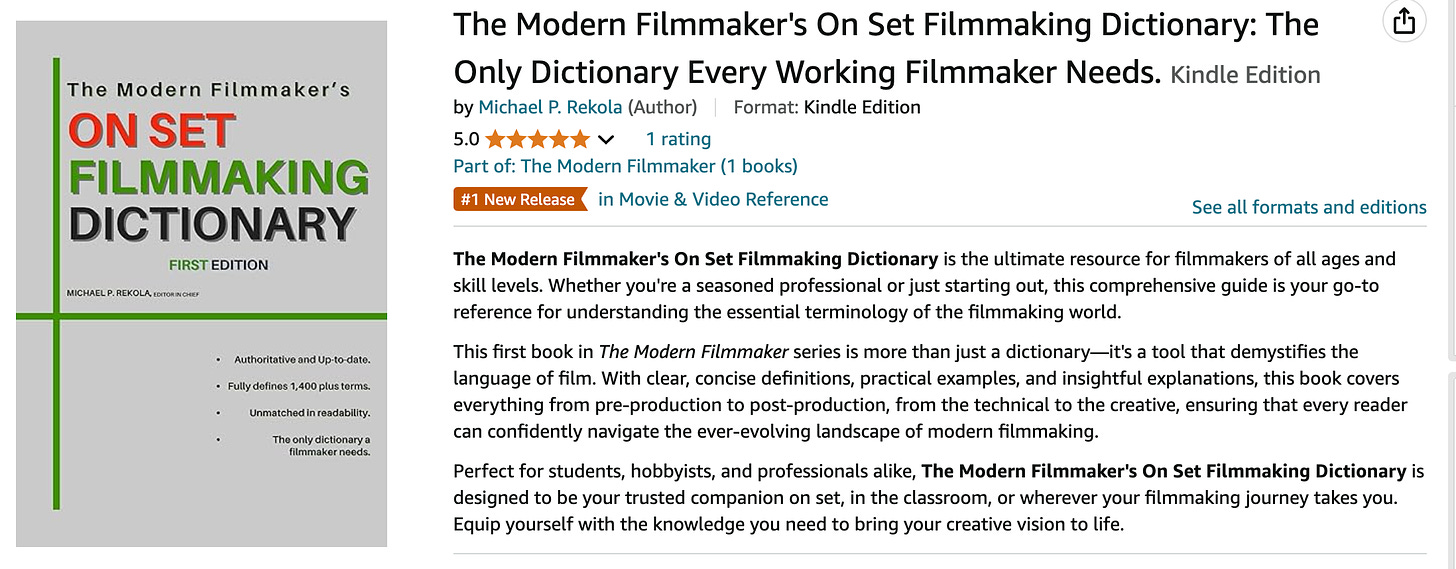


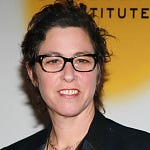
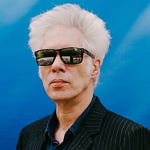
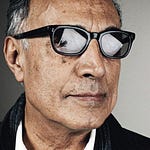

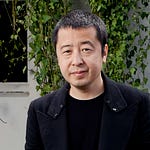
Share this post